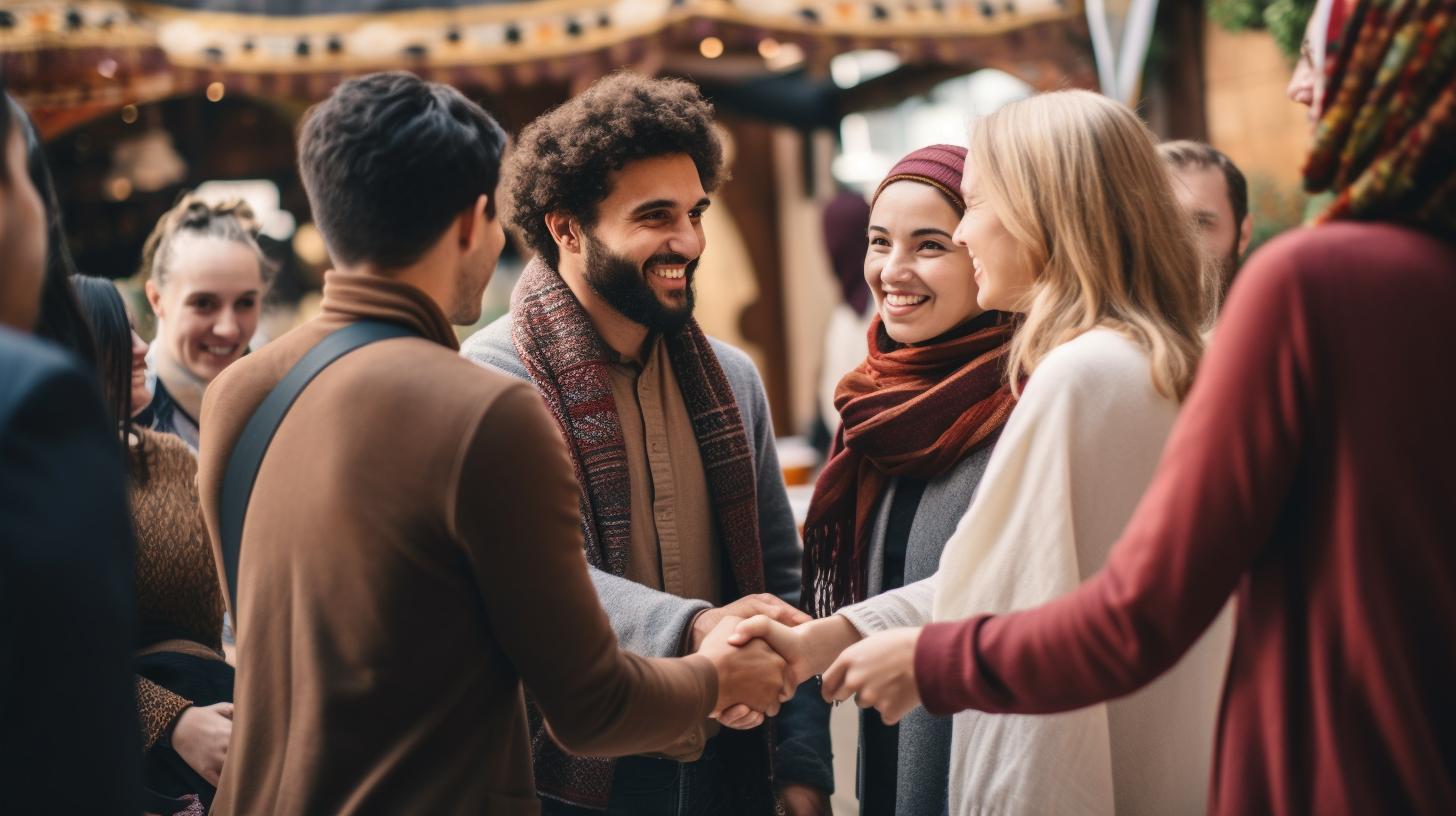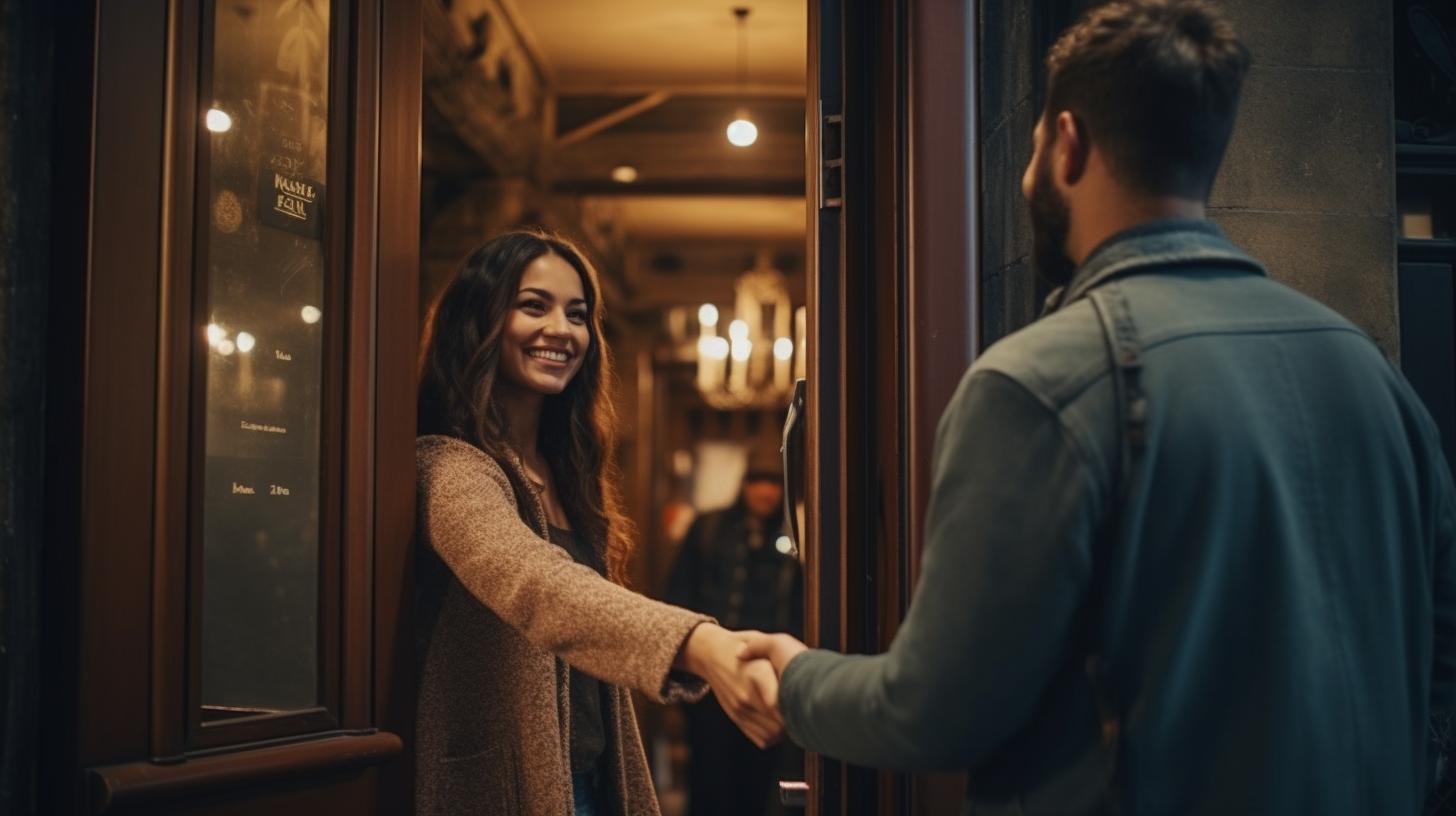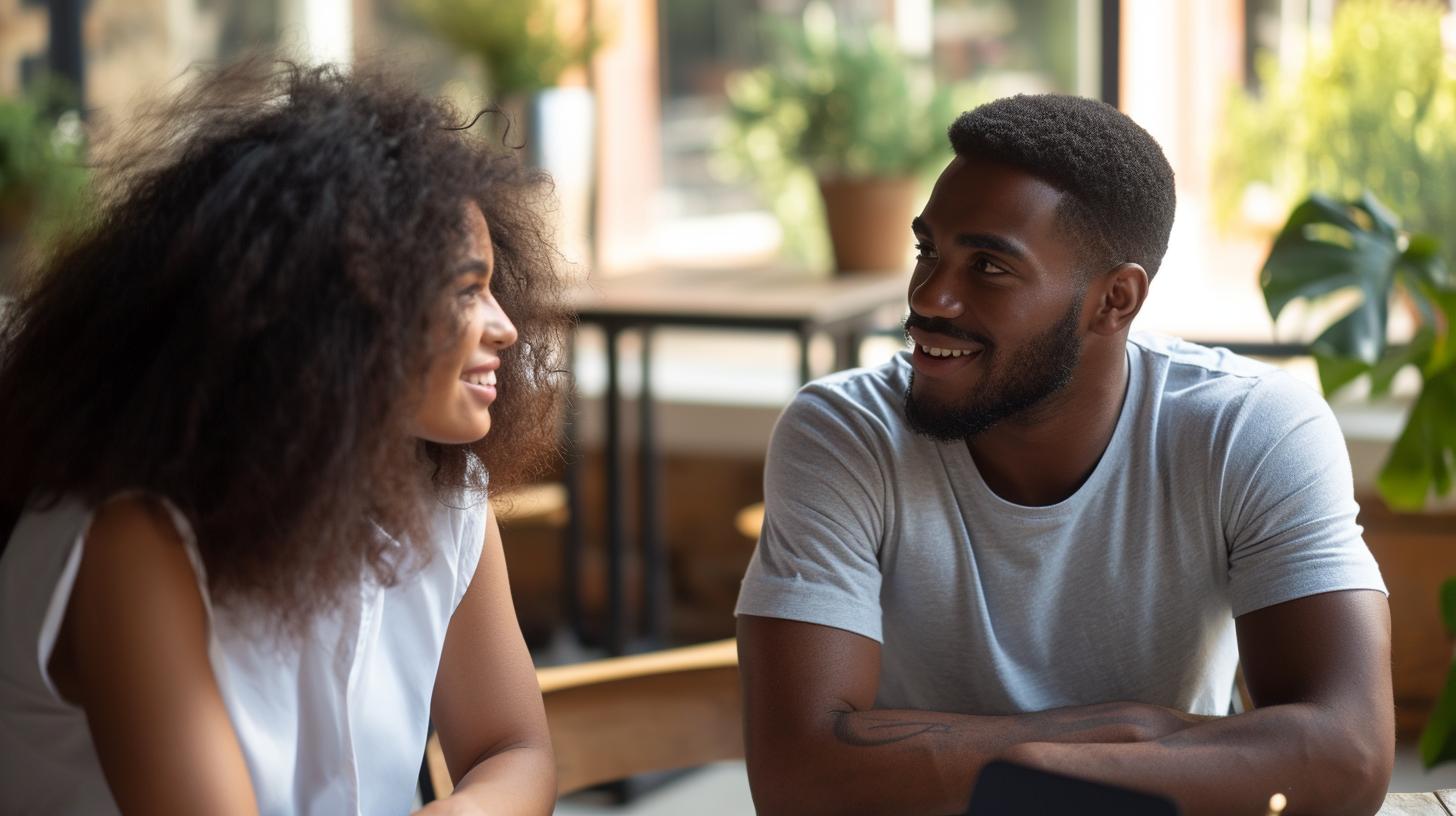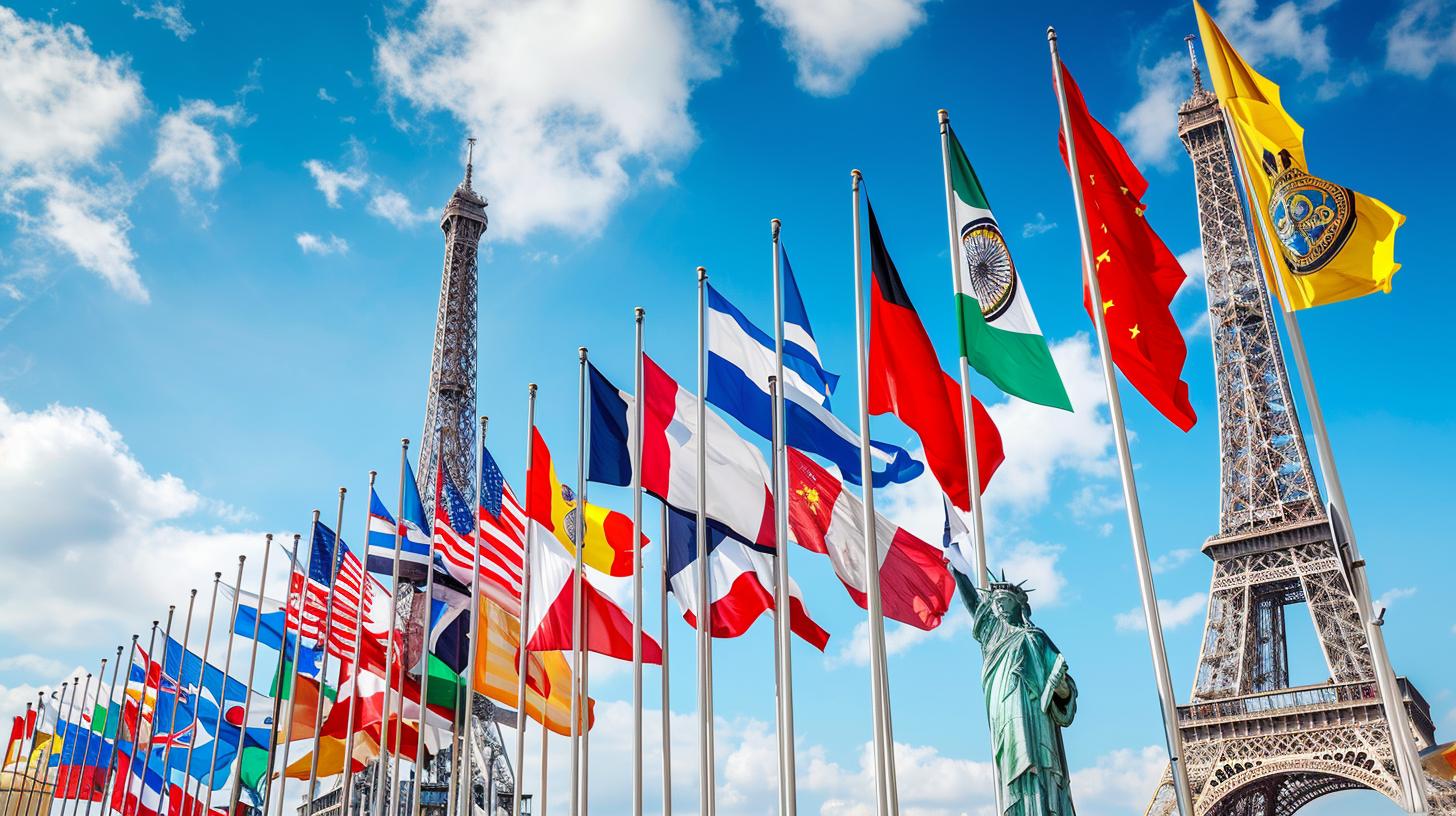Have you ever wondered how being polite can affect your relationships, including dating? Politeness is an essential aspect of social interactions, promoting mutual respect, understanding, and cooperation. It refers to the practical application of good manners or etiquette so as not to offend others. In this article, we’ll explore the role of politeness in communication, cultural differences in politeness, politeness in everyday life, the psychology of politeness, politeness in dating, conflict resolution, and business.
The Role of Politeness in Communication
Politeness affects communication in significant ways, promoting mutual respect, and understanding. One way politeness manifests itself is through the use of “please” and “thank you.” These phrases convey gratitude and appreciation, which can strengthen relationships and create a positive social environment. Using proper titles and addressing people by their preferred names is another way to demonstrate respect and politeness.
In contrast, impolite communication can lead to misunderstandings and strained relationships. Insults, name-calling, and negative comments can be hurtful and offensive, leading to feelings of anger and resentment.
The Power of Politeness in Dating
- Politeness is important in social interactions including dating
- Cultural differences impact politeness norms in dating
- Politeness contributes to positive social environment, dating success, and conflict resolution.

Cultural Differences in Politeness
Politeness norms vary across cultures, and it’s essential to understand and respect these differences to promote genuine and inclusive connections. For example, in Japan, the use of honorifics is a fundamental aspect of politeness. In contrast, in the United States, politeness is often expressed through direct communication and assertiveness.
Navigating cultural differences in politeness can be challenging, especially in dating. For instance, in some cultures, direct communication is considered impolite and offensive. In contrast, in other cultures, indirect communication, such as using euphemisms or metaphors, may be considered impolite. It’s crucial to be aware of these differences and communicate accordingly to avoid offending your date unintentionally.

Politeness in Everyday Life
| Benefits of Politeness | Explanation |
|---|---|
| Creates a Positive Environment | Simple acts of politeness, such as holding the door for someone, saying “please” and “thank you,” and greeting others with a smile, can go a long way in creating a positive social environment. |
| Enhances Communication | Polite communication promotes mutual respect, understanding, and cooperation. Using proper titles, addressing people by their preferred names, and using “please” and “thank you” help to establish positive communication. |
| Promotes Cooperation | Politeness encourages people to work together and be more cooperative. When people are polite, they are more likely to help each other and work together to achieve common goals. |
| Enhances Mental Health and Well-being | Politeness can reduce stress, enhance self-esteem, and promote positive emotions. According to a study published in the Journal of Positive Psychology, people who practice politeness experience greater happiness and life satisfaction. |
| Reduces Conflict | Politeness can reduce the likelihood of conflict and promote mutual understanding. By being polite during conflict, we can find mutually agreeable solutions and avoid escalation. |
Politeness is essential in everyday life, including the workplace, public places, and family interactions. Being polite can create a positive social environment, promote cooperation, and enhance the quality of life. Simple acts of politeness, such as holding the door for someone, saying “please” and “thank you,” and greeting others with a smile, can go a long way in creating a positive social environment.
Being polite can also benefit your mental health and well-being. According to Psychology Today, politeness can reduce stress, enhance self-esteem, and promote positive emotions. In contrast, impoliteness can lead to negative emotions, including anger, frustration, and resentment.
The Psychology of Politeness
Theories of politeness suggest that politeness is a strategic behavior used to achieve specific social goals, such as showing respect, gaining approval, and avoiding conflict. The use of politeness strategies can vary depending on the social situation, the relationship between the interlocutors, and cultural norms.
Empathy is an essential aspect of politeness. Empathy refers to the ability to understand and share the feelings of others. By being empathetic, we can better understand how our words and actions may affect others and adjust our behavior accordingly.
Politeness in Dating
Politeness is crucial in dating and relationships. Being polite can contribute to a positive dating experience, enhance communication, and promote mutual respect. According to Elite Daily, politeness can enhance dating success by promoting trust, reducing anxiety, and increasing attraction.
In cross-cultural dating, it’s crucial to understand and respect different politeness norms. For example, in some cultures, it may be considered impolite to express strong emotions or engage in direct communication. In contrast, in other cultures, expressing emotions openly may be considered a sign of trust and authenticity.
To navigate these differences, it’s essential to communicate effectively and respectfully. Active listening, expressing appreciation and gratitude, avoiding negative comments, and showing respect for cultural differences are some of the politeness tips for successful dating. By being polite, you can foster a positive dating experience and create genuine and inclusive connections.
Politeness in Conflict Resolution
Politeness is crucial in conflict resolution. By being polite, we can reduce the likelihood of escalation, promote mutual understanding, and find mutually agreeable solutions. During conflict, it’s essential to avoid impolite behavior, such as insults, name-calling, and negative comments.
Instead, focus on using “I” statements, expressing your feelings clearly and respectfully, and actively listening to the other person’s perspective. By being polite during conflict, you can promote a positive social environment and enhance your relationships.
Personal Anecdote: How Politeness Changed My Dating Life
As someone who has struggled with dating in the past, I can attest to the power of politeness in improving relationships. After a string of unsuccessful dates, I realized that my lack of politeness may have been contributing to my dating failures.
I used to think that being overly nice or polite would make me seem weak or uninteresting to potential partners. However, I soon realized that my assumptions were misguided. Instead, I began to consciously practice politeness in my dating interactions.
For example, I would make a point to actively listen to my date and show genuine interest in their life. I also made an effort to express gratitude and appreciation for their time and the effort they put into our date. These small acts of politeness not only made my dates feel more comfortable and appreciated, but they also helped me to build stronger connections with them.
As a result, I began to see more success in my dating life. I went on more second and third dates, and even found myself in a committed relationship with someone I truly cared about.
Overall, my personal experience has shown me the importance of practicing politeness in dating and relationships. It can be easy to overlook the impact of small acts of kindness, but they can make a significant difference in building strong and healthy connections.

Politeness in Business
Politeness is crucial in business success, promoting mutual respect, and enhancing communication. In business interactions, politeness can manifest through the use of proper titles, addressing people by their preferred names, and using “please” and “thank you.”
Politeness norms in business interactions can vary across cultures. For example, in some cultures, direct communication is preferred, while in others, indirect communication is considered more polite. It’s essential to understand and respect these differences to promote successful business interactions.
Politeness tips for successful business interactions include active listening, expressing appreciation and gratitude, avoiding negative comments, and showing respect for cultural differences. By being polite in business, you can promote trust, enhance communication, and foster successful business relationships.

Conclusion
Politeness is an essential aspect of social interactions, including dating, conflict resolution, and business. By being polite, we can create a positive social environment, promote mutual respect, and enhance communication. Understanding and respecting cultural differences in politeness is crucial for promoting genuine and inclusive connections.
In summary, the benefits of practicing politeness in everyday life, business, and dating are numerous. By being polite, we can enhance our mental health and well-being, promote cooperation, and foster successful relationships. Let’s promote genuine and inclusive connections through politeness.
FAQ
Who should initiate the greeting in a dating scenario?
The person who initiated the date should initiate the greeting.
What are some universal politeness rules in dating?
Listen actively, be considerate, and avoid controversial topics.
How can one show politeness across different cultures?
By researching cultural norms and being open-minded.
What if my date is offended by my polite gestures?
Explain your intent and apologize if necessary.
How can I politely decline a second date?
Express gratitude and be honest, but kind in your reasoning.
What if my date is impolite to me?
Address the behavior calmly and respectfully, but also set boundaries.




